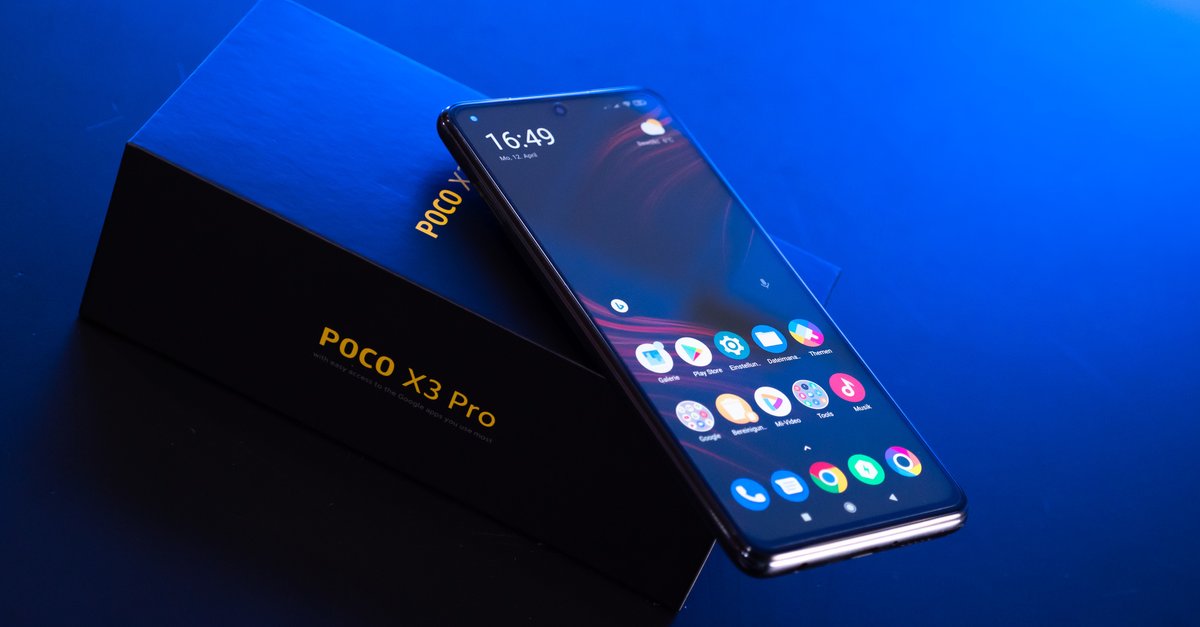Career networks are not dating platforms
Celine Melo Cristino draws a line with the hashtag #ThisIsNotADatingPlatform in the intro of her LinkedIn profile: “Since then I have received significantly fewer messages,” she said in an interview with t3n. By “news”, the Düsseldorf woman means at least attempts to get closer, but also much more explicit content from men to nude pictures. The 27-year-old uses LinkedIn and Xing as career platforms, wants to build a network and set her own topics. What she doesn’t want are pick-up lines to sexual harassment. She knows both too well. Cristino has been confronted with both several times. She recently spoke to her friend about it. Johanna Geisler found herself in the stories. “Such things trigger me a lot,” she explains in an interview with t3n.
Geisler therefore announced a few days ago published a LinkedIn posting, in which she talks about the downside of personal branding for young women. “A contact confirmation is definitely not like a Tinder match and also not a request for a message like ‘Hey, you look pretty'”, writes the 27-year-old. Especially after a picture posting, the two women would get more messages like this. “Many mistake this for an invitation to comment on my appearance, the point is to show a face to the content,” says Celine Melo Cristino. What one or the other man means as a compliment, the two women find – also and above all – deeply intrusive in career networks. Many followers also join in and wonder what is going on in the minds of some people.
Some messages are clumsy. “Lately someone praised the color of my pants and then mentioned my attractive figure in the same breath,” says Johanna Geisler. It is easy to see through this right from the start. However, there are also attacks that are only slowly emerging. “First you put forward a business context and ask for HR advice, you exchange ideas and suddenly the conversation turns in a dubious direction. The person suddenly says that I am an attractive, successful and self-confident woman and that I should be told that. ”Both Geisler and Cristino work in recruitment and employer branding and talk about the content of their profiles. However, some men want more than just sharing expertise.
When asked about one type, both answer differently. While Johanna Geisler is mainly written to by significantly older men, Celine Melo Cristino’s are mostly younger. “That cannot be generalized,” says Geisler. Under their post, even men talk about the fact that they are experiencing something similar. In particular, managers who tend to have high salaries would be harassed by women. Johanna Geisler confirms and speaks of the “sugar daddy” phenomenon that could go in both directions: men who offer to endure women and women who are looking for men who can finance their lifestyle. Even if there seems to be a market for it, it shouldn’t take place on LinkedIn or Xing. The hashtag #ThisIsNotADatingPlatform could help to make this clear directly in the profile.
The two want to encourage other women not to accept such attacks. Johanna Geisler already experienced sexual harassment in the workplace when she started her career, but did not dare to defend herself. “I was afraid that I could lose my job if I talked about it,” said the Cologne native. Celine Melo Cristino explains that at first she was primarily responsible for herself. “I thought that I was the problem and that I might just misinterpret things like this,” said the Düsseldorf resident. However, neither is helpful in everyday work – also and especially for other women. In career networks, on the other hand, they are now more rigorous and no longer just block, but also report people. Only online pillory reject both.
Sexual violence is widespread in Germany. Almost every woman experiences sexual harassment at least once in her life, but mostly on a regular basis. This is shown by a study by University of Merseburg. According to this, 97 percent of all women and 95 percent of all people of different sexes have already experienced forms of sexual harassment or felt harassed. For men it is 55 percent. Verbal and visual forms such as suggestive remarks or looks are just as common as physical assault, write the researchers. This happens particularly often on the Internet: The experiences range from unpleasant sexual questions or unwanted hookers to nude photos and videos. Those affected sometimes suffer from the consequences of sexual violence for years, depending on the intensity.



